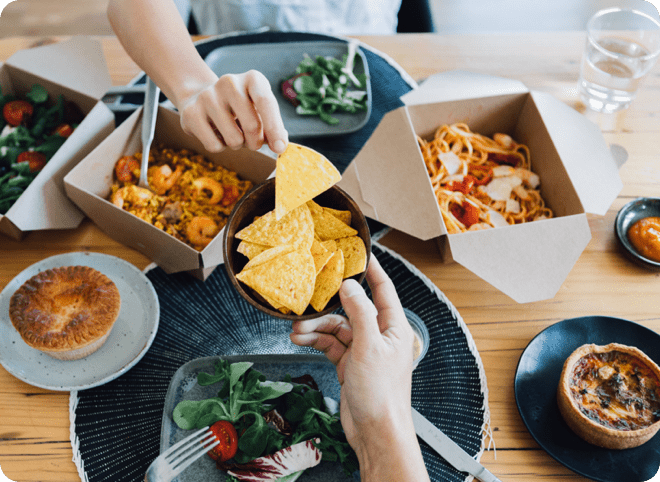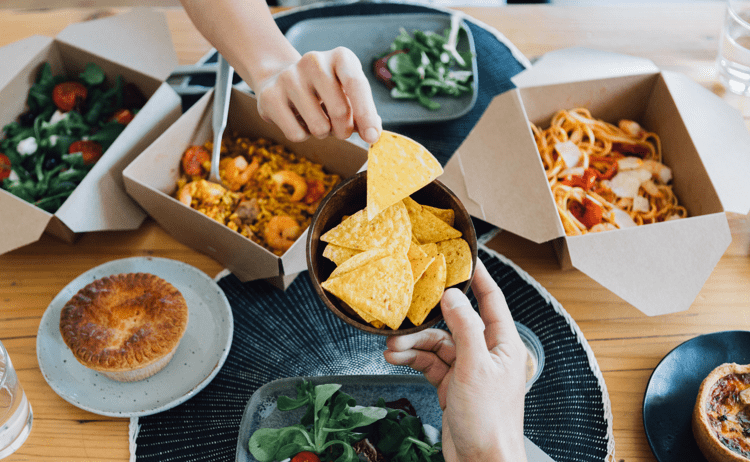Nutrition is always an important consideration for physical health, but our specific needs change as we grow and our lifestyles change. For children with cystic fibrosis (CF), emphasis on eating and weight gain may make some children more resistant to eating as they get older and more independent.
Ensuring infants are getting the right nutrition
Your CF care team will work with you to create a plan to ensure that your baby gets the right amount of vitamins, minerals, and digestive enzymes to support their growth.
Dealing with picky eating
As your loved one gets older and starts to eat solid foods, you might notice them becoming more selective in the foods they prefer to eat. These tips may help to get you through the picky eating stage.
-
Choice can be a powerful motivator. For many toddlers, providing choices with meals and snacks may help them become more interested in eating. Try simple choices like “Would you like the blue spoon or the yellow spoon for your yogurt?” or “Would you like hummus or guacamole on your crackers for a snack?”
-
Making every bite count. For pickier eaters, adding high-fat mix-ins or toppings might be a good way to add some extra calories to favorite foods. Adding heavy cream to a glass of milk or rebranding sunflower or pumpkin seeds as “sprinkles” on toast or fruit may be fun ways to start
-
Considering professional help. If you’re concerned that picky eating may be affecting your loved one’s weight goals, don’t be afraid to reach out to the dietician at your CF center. They can be a great resource to help with picky eating

“I was always someone who gave my parents a hard time when I was eating. They'd leave me at the table and be like, ‘Belle, just please eat your dinner.’”
– Belle, college athlete living with CF
Building autonomy in older children and adolescents
Children start to crave independence as they get older, and nutrition and mealtimes are no exception. From bringing a packed lunch to school, to sleepover snacks and restaurant meals with friends, there will come a time when your loved one will need the skills to pick foods for themselves that meet their nutritional needs. Try these tips to help build those skills at home.
-
Meal planning. Enlisting your loved one to help pack their own lunch and snacks for school or planning the family dinner menu for the week can go a long way towards creating an understanding of what makes a “well-balanced meal” for someone living with CF. Walking your loved one through the “tips and tricks” you might have used to add fat to foods since they were young can help them put those tips into action on their own
-
Enzyme independence. Enzymes and supplements are often a common part of CF care. Work with your loved one’s care team to better understand how many enzyme capsules are needed with certain types of foods and how they can use them appropriately when making food choices outside of the home
Shifting needs in adulthood


By adulthood, many people with CF have a good understanding of food and nutrition—but that doesn't mean it isn't hard work to maintain a healthy diet. To figure out a diet plan that feels right and is manageable for you, talk to a dietitian at an adult CF center.
